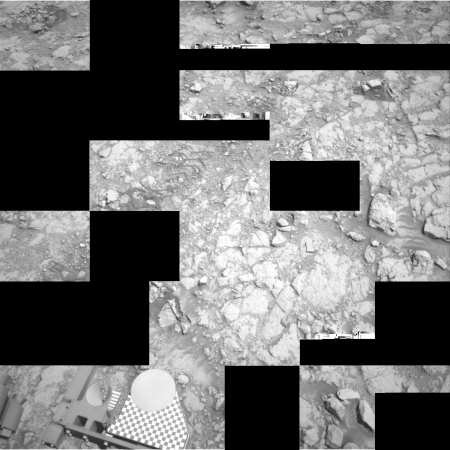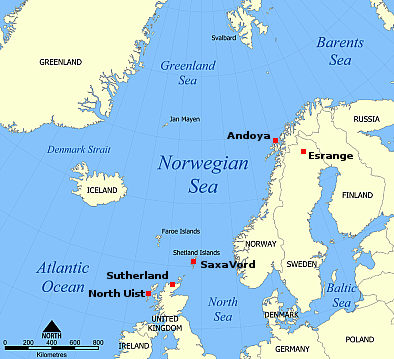SpaceX doing trial runs of specialized barge for transporting Starship/Superheavy from Boca Chica to Florida
SpaceX has now confirmed that it is doing trial runs of a barge specifically designed for transporting Starship/Superheavy from the manufacturing facility in Boca Chica to its Florida launchpads.
[SpaceX’s Vice President of Launch, Kiko] Dontchev also clarified that both the Super Heavy booster and Starship upper stage would be tilted to a horizontal position for maritime transit, in response to an artist’s rendering of a Starship traveling vertically aboard a vessel. “Initial deliveries are a single booster or ship per trip, with the plan to move to multiple vehicles per transit sooner than later,” he wrote. “You’ll thank me later.”
These barge trials, combined with the fact that SpaceX has already shipped significant Starship/Superheavy components to Florida even as it builds rocket manufacturing facility there, strongly suggest the first Florida launches are not too far in the future, possibly even this year.
SpaceX has now confirmed that it is doing trial runs of a barge specifically designed for transporting Starship/Superheavy from the manufacturing facility in Boca Chica to its Florida launchpads.
[SpaceX’s Vice President of Launch, Kiko] Dontchev also clarified that both the Super Heavy booster and Starship upper stage would be tilted to a horizontal position for maritime transit, in response to an artist’s rendering of a Starship traveling vertically aboard a vessel. “Initial deliveries are a single booster or ship per trip, with the plan to move to multiple vehicles per transit sooner than later,” he wrote. “You’ll thank me later.”
These barge trials, combined with the fact that SpaceX has already shipped significant Starship/Superheavy components to Florida even as it builds rocket manufacturing facility there, strongly suggest the first Florida launches are not too far in the future, possibly even this year.










